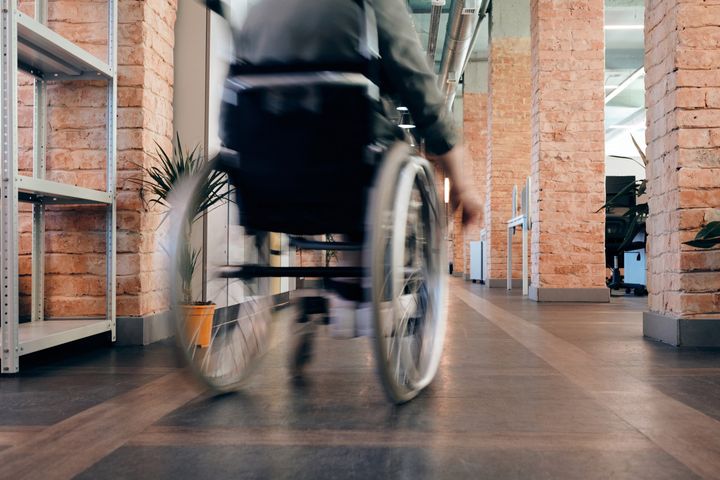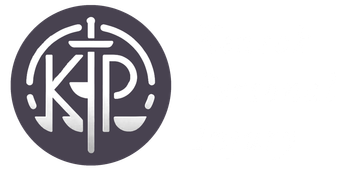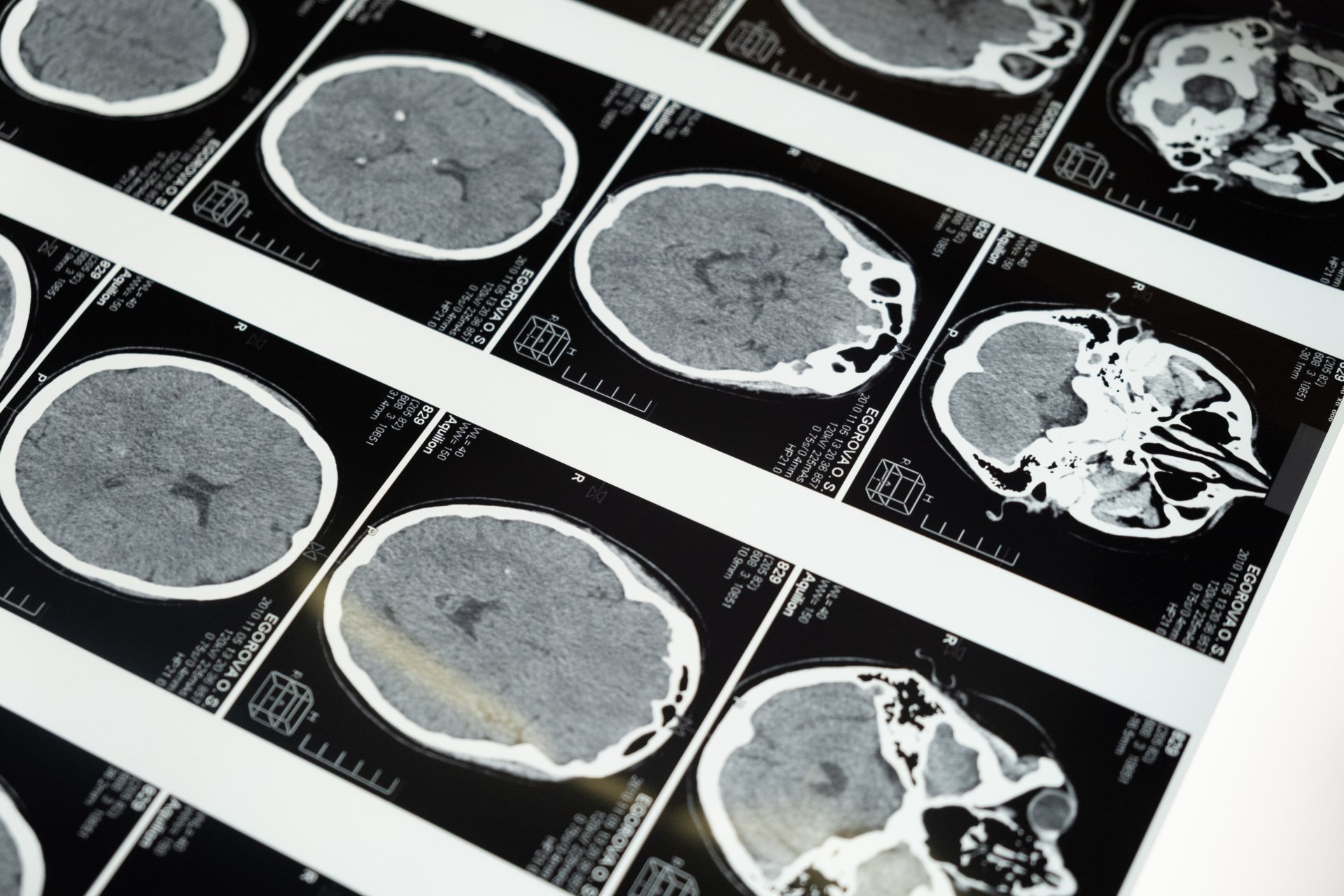You Are Worthy of Fair and Respectful Treatment.
Have you been injured by someone else?
You need an attorney to stand up for you.
Dedicated to Justice
As a Napa Valley resident, Thomas Kensok is a top trial attorney, standing up for those who have been injured in Napa Valley, the Bay Area, and northern California.
We specialize in securing justice and compensation for victims of vehicle, motorcycle, and bicycle injuries, ensuring a smoother journey to recovery
If you've suffered an injury on the job, we are here to help you claim the compensation you deserve, helping you focus on what truly matters—your health and recovery.
We have the expertise to handle the complexities of slip and fall accidents, ensuring you receive the support and compensation you need to get back on your feet.
Dealing with the effects of a concussion, headache, or whiplash can be deeply disruptive. We provide legal representation to navigate these challenging cases.

Do I Need a Lawyer?
Not every case needs an attorney. Having one, however, will greatly increase your bargaining power against the insurance companies.
Am I Required to Go to Court?
No. On the contrary, often a quick and fair settlement is in the best interest of the client. However, even if the case does go to court, having an experienced attorney by your side is crucial.


How Much is My Case Worth?
Many factors play into the evaluation of your case. There is no one-size fits all. We are well versed at working quickly to counter devalue tactics used by insurance companies to get you the maximum payout.
How Much Does it Cost to Hire an Attorney?
There are no upfront cost or frees.
We work on a contingency fee basis — if you do not win, we do not get paid.











